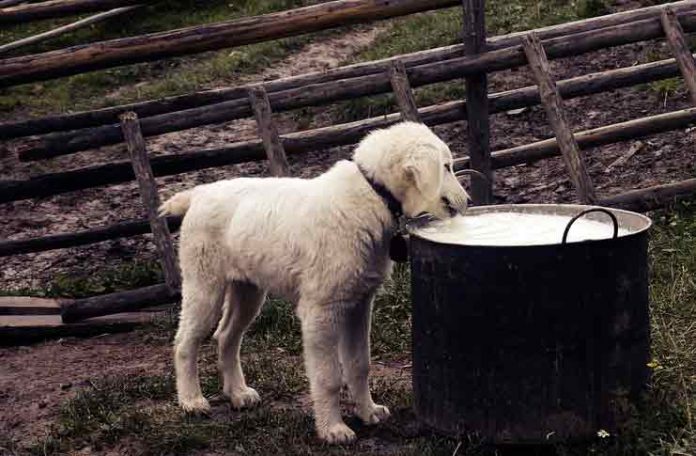Getting your dog’s nutrition right is critical. It is the difference between a happy and healthy life or one riddled with constant visits to the vet’s office. When asked what they feed their dog, most pet owners rapidly reel out water, lots of meat, and dry food.
Water, meat or proteins and dry food are great, but by themselves are never enough. While they perform some important roles – such as lubricating the muscles, build and maintain the body tissue – your furry friend needs more than three daily meals made up of protein and carbohydrate to be healthy.
Just as humans need vitamins because of the body’s inability to produce them, so it is with dogs. These micro-nutrients support your dog’s growth, energy metabolism, and fetal development.
Some commercial dog food diets usually come loaded with such vitamins. However, it’s important that you know what to look out for when shopping for food or supplements. Bring home the following three essential nutrients for your dog.
1) Vitamins
Your dog’s vitamins can mostly be found occurring naturally in food. As an organic compound, these silver bullets are necessary to sustain life. Some of the most important vitamins your dog will need are Vitamin A, B, C, D, E, and K.
They can usually be found in:
- Eggs
- Beef
- Cottage cheese
- Sweet potatoes
- Fish
These vitamins boost your dog’s immunity, strengthen its bones and teeth, and also act as powerful antioxidants – supporting the reduction of inflammation and cognitive aging.
As your dog gets older, these vitamins assume a more important role in their diets, especially Vitamin C and K. These two vitamins prevent muscle degeneration and senility.
2) Digestive Enzymes
Dogs usually produce most of the digestive enzymes (proteases, lipases, and amylases) needed to digest food. However, as your furry friend gets older, supplementing their meals with digestive enzymes may be helpful. These digestive enzyme supplements also help with food allergies and intolerances, which also become more commonplace as dog’s age.
Digestive enzymes are usually an essential element of some of the best probiotics for dogs on the market. You can also get straight doses of digestive enzymes that you can mix with your dog’s dry food or wet meal.
They support a balanced gut function and strong immune systems. Digestive enzymes have also been anecdotally said to reduce or stop dogs from eating their stool. This is possible as digestive enzymes help your dog digest food properly, which then makes the stool smell less appealing.
Minerals
Minerals are the last piece of the puzzle in the hunt for a balanced dog diet. They can be divided into macro-minerals and micro-minerals:
- Macro-minerals are minerals your dog needs in large amounts
- Micro-minerals or trace minerals are needed in smaller amounts
There are 7 macro-nutrients essential to a dog’s health:
- Phosphorus
- Chloride
- Magnesium
- Sodium
- Sulfur
- Potassium
- Calcium
Although you only have to bother about Iron, Zinc, Selenium, and Copper, there are at least 11 trace minerals in most mineral supplements.
A key difference between minerals and vitamins is when taken in excess, minerals such as calcium can cause bone deformities, fractures, and weakness.
Notwithstanding, minerals play an important role in maintaining an acid-base balance, the formation of red blood cells, healing of wounds or skin abrasions, and blood coagulation.
Bottom Line
Not every pet owner is raised to believe that vitamin, mineral, and digestive enzyme intake are as important for a dog as our own health. However, these three essential nutrients can completely improve how your pet looks and feels. Talk to your vet about a nutrient plan for your dog that includes dosage.



